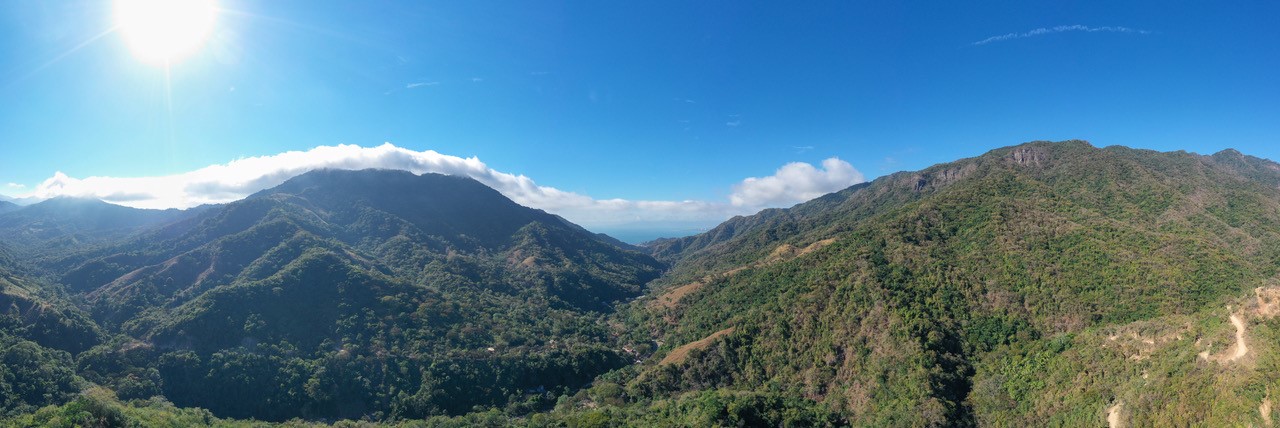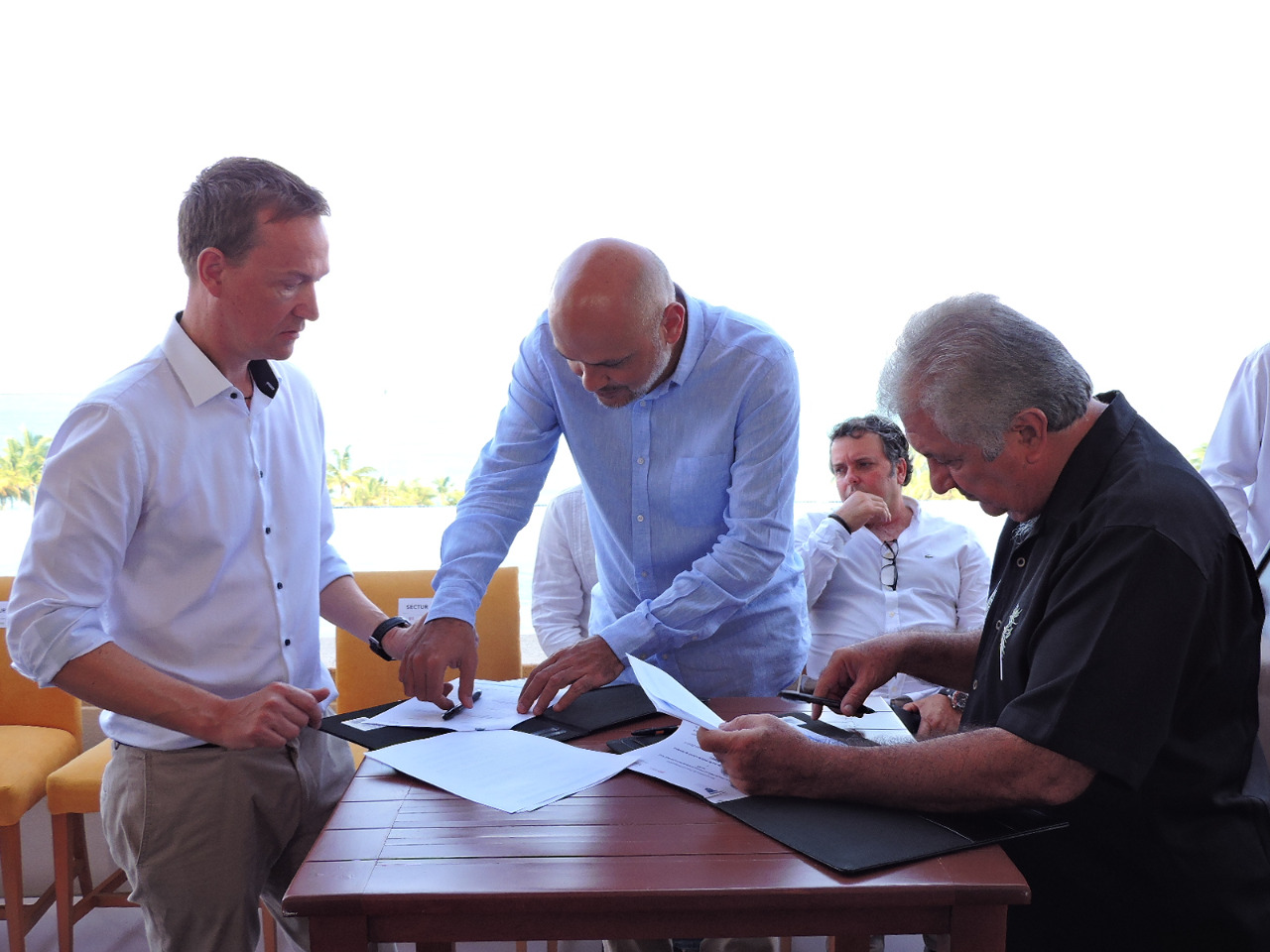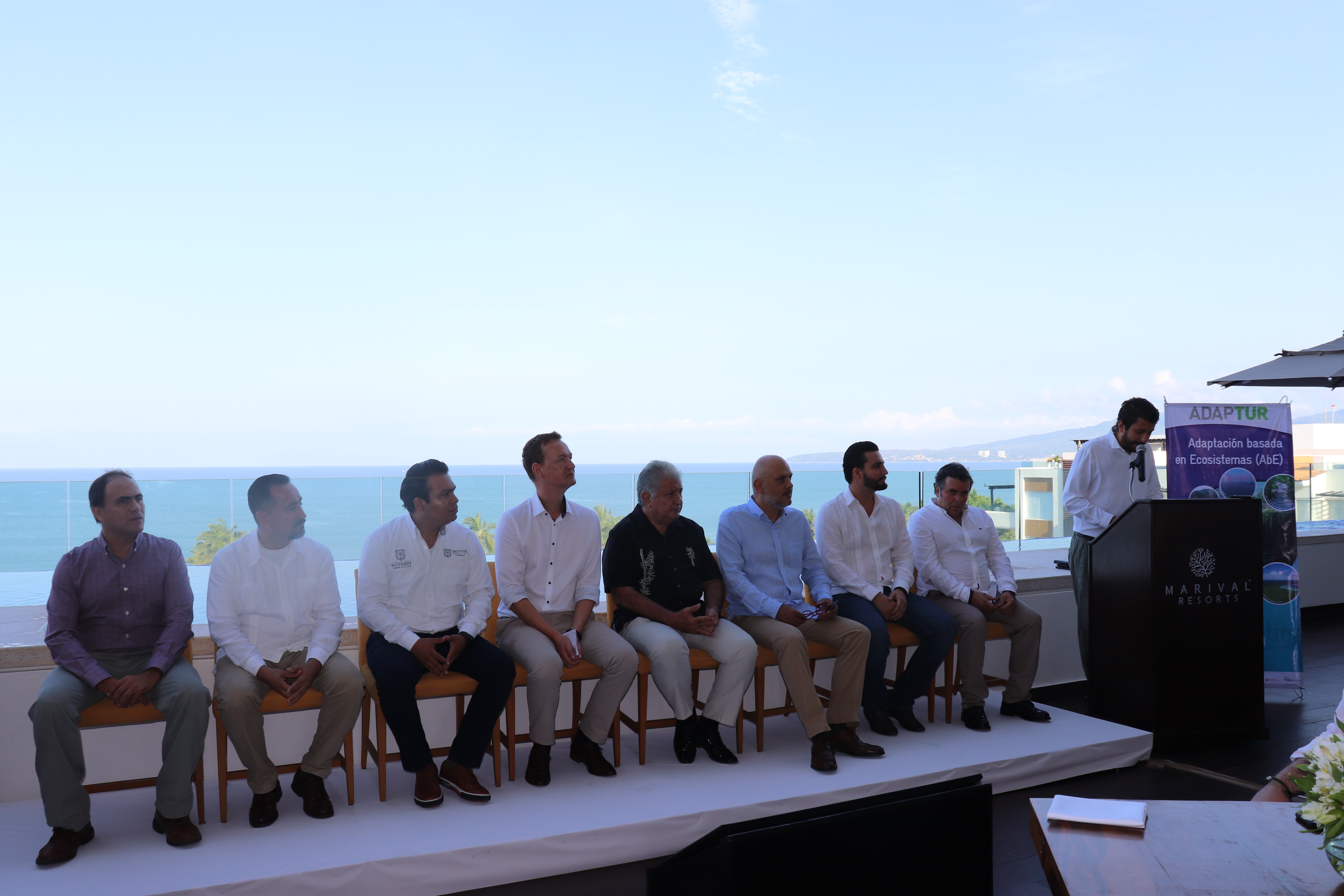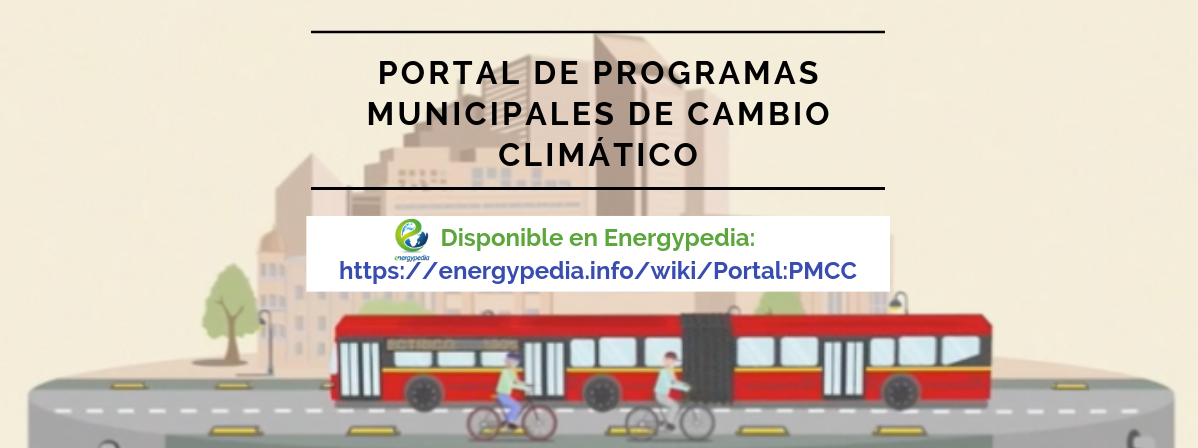The Tourism sector, which contributes 8.7% of the national GDP, is reiterating its commitment to sustainable development by incorporating –for the first time– a climate change and biodiversity approach in the most important political instrument for the sector in the country.
Thanks to the collaboration of tourism specialists and citizen consultation, on July 3 of this year, the Federal Government published the Tourism Sector Program (PROSECTUR) for the period 2020-2024, which establishes actions that guarantee the balanced development of tourist destinations while prioritizing social justice, respect for human rights, cultural diversity, and the value of ecosystems.
In the words of Lic. Miguel Torruco Marqués, Tourism Secretary, it was emphasized that:
‘The new tourism development model formulates a comprehensive, inclusive vision of shared responsibilities with key actors, promoting concrete actions to face the various conditions presented to us by the tourism sector’
Among the actions concerning climate change and biodiversity, it is worth pointing out those included in Strategy 4, which promotes sustainable tourism. For example:
4.1.5 Promotion of the conservation and restoration of ecosystems and the strengthening of the capacity to adapt to climate change in tourist destinations.
4.1.6 Promotion of compensation mechanisms in the tourism sector for the development of Ecosystem-based Adaptation (EbA) measures.
4.2.5 Boosting risk analysis, vulnerability studies, and climate scenarios in the preparation of investment projects and new tourism developments.
4.3.2 Promotion of the incorporation of biodiversity and climate change criteria into institutional, regulatory, and public policy frameworks to promote sustainable tourism development.
While the Ministry of Tourism (SECTUR) has been an active participant in the Intersecretarial Commission on Climate Change (CICC) for several years and has, in turn, promoted concrete actions to address the challenges of climate change and the integration of biodiversity, this guiding document establishes priority and enforcement issues for the entire Mexican territory.
The GIZ in Mexico, through the project “Adaptation to Climate Change Based on Ecosystems in the Tourism Sector (ADAPTUR)” has collaborated with the SECTUR by providing technical advice for the incorporation of both approaches in the proposed actions, thereby contributing to compliance with the national goals.
The ADAPTUR project is part of the International Climate Initiative (IKI) and is implemented by the Deutsche Gesellschaft für Internationale Zusammenarbeit (GIZ) GmbH at the request of BMU, alongside the SECTUR, the Ministry of Environment and Natural Resources (SEMARNAT), with the technical support of National Commission of Natural Protected Areas (CONANP) and the National Institute of Ecology and Climate Change (INECC).
To consult PROSECTUR and other tourism-related topics, please consult the following links:
Sectorial Program derived from the National Development Plan 2019-2024
Adaptur Website




